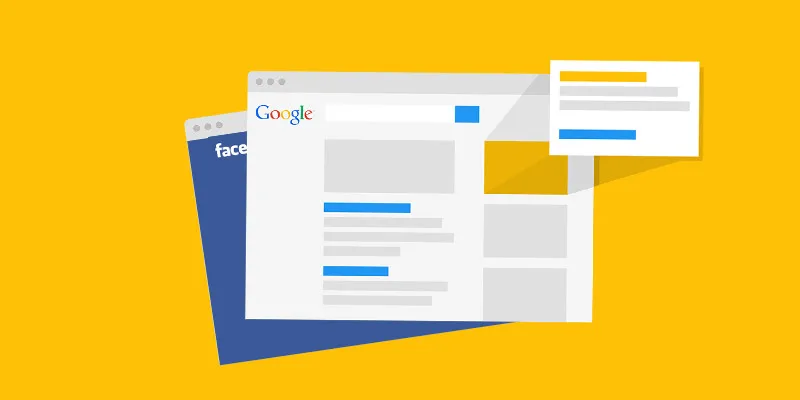What's happening in the Facebook and Google vs ‘fake news’ battle
Ever since the contentious results of the 2016 US Presidential Elections were announced, Facebook and Google have had to deal with furious onslaughts for inadvertently aiding the proliferation of ‘fake news’. Outlandish stories like the one that suggested Hillary Clinton's involvement in a child trafficking ring were said to have positively influenced Donald Trump's popularity amongst a population that mostly gets its news online. And since Facebook and Google enjoy an unchallenged duopoly on the internet, the onus of curbing the spread of misinformation was placed on their shoulders. Now, months after the first wave of criticism crashed on their shores, the two internet giants are intensifying the fight against ‘fake news’ being spread on their platforms.

Image credits: www.developers.com
Both companies began the fight against ‘fake news’ as early as November 2016. Google announced that it would ban websites that peddle unfounded information from the Google AdSense system – its online advertising service. Facebook too followed suit and announced that it would no longer display ads on sites that show misleading and false information. This was followed by Facebook introducing new features that allowed its users to flag posts that appear to be fake news. The flagged news pieces are then fact-checked by third party organisations — Facebook has formed partnerships with Politifact, Snopes, AFP, BFMTV, L'Express, Le Monde, and Correctiv to carry out fact checks. In case the post is found to be false, Facebook adds a label to it citing that it has been disputed by reputable fact-checkers.
Google has integrated a fact-check feature right into its Search. Making use of third party fact-checking sites, the company will display ‘authoritative sources’ in its search results accompanied with a summary of claims that have been fact-checked, reports BBC News. However, while any publisher can apply to add fact-check labels to content, Google has stated that an algorithm, possibly similar to the one in charge of determining SEO rankings, will judge their authority and decide whether they appear in results.
Realising that people are the most powerful weapon in the battle against fake news, Facebook has launched an educational tool with the aim of instructing users on how to identify and report fake news. But experts are sceptical about any real impact occurring because of this measure by the social media site.
Meanwhile, Google and Facebook are still facing the heat over their inability to effectively deal with false information being spread on their sites. With general elections coming up in France and Germany, two countries which are seeing the emergence of populist movements, false information being spread by hyper-partisan sites are once again coming into the limelight.
Seeking to galvanise the efforts of these tech giants, Germany recently passed a law that could see social networks fined up to $50 million for failing to remove defamatory fake news, hate speech, and other illegal content within 24 hours of it being uploaded. With the German Justice Minister vowing to push for these rules in member countries of the European Union, the pressure on Facebook and Google is greater than ever before.







